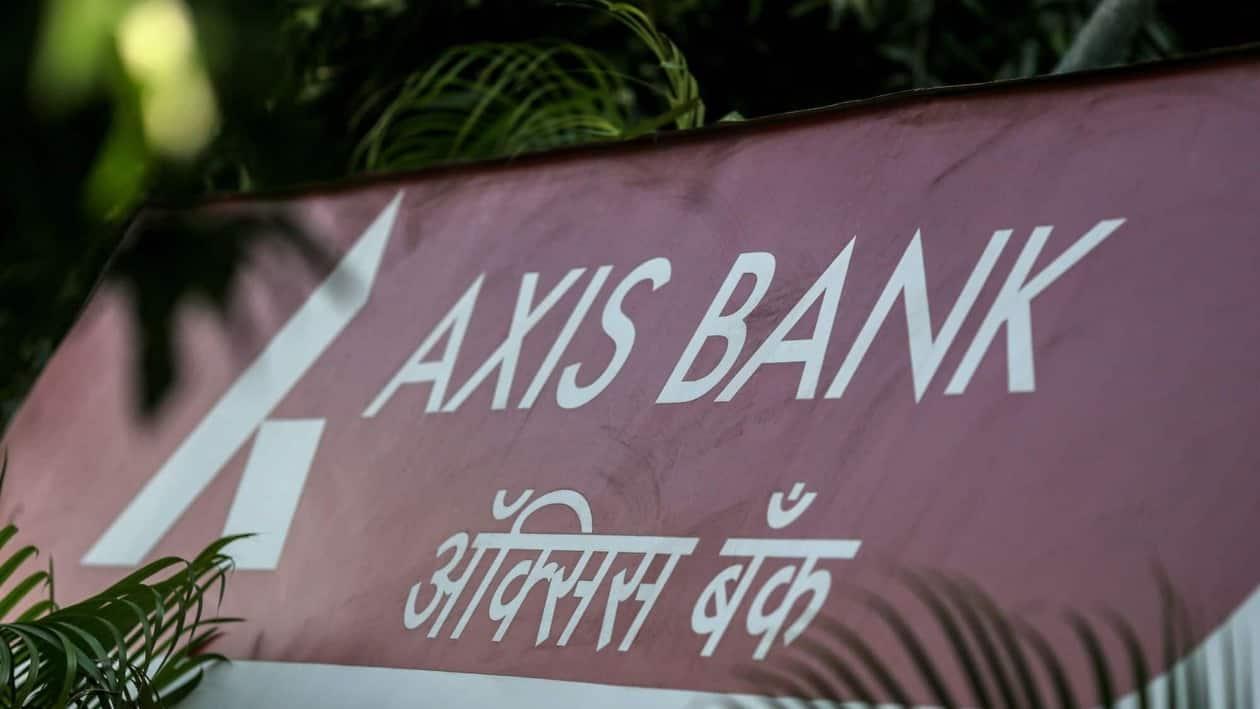After reaching a 52-week low of ₹711 apiece, shares of Axis Bank, the country's third-largest private sector lender, experienced a one-way rally to mark a new all-time high of ₹1,020 apiece in today's trading session. The bank crossed ₹1,000 for the first time on September 11.
At current levels, the stock is trading 42.33% higher than its one-year low and, in the last six months, the stock outperformed the Nifty Bank index with a return of 22%, compared to the index's 16.07%.
Looking ahead, the stock still holds strong potential for further growth, according to domestic brokerage firm Motilal Oswal, which reaffirmed its 'buy' rating on Axis Bank, setting a target price of ₹1,175 apiece.
The brokerage said the bank remains focused on building a stronger, consistent, and sustainable franchise and further added that, with asset quality issues behind, slippages and credit costs are likely to stay under control.
The rise in deposit cost will continue to exert pressure on margins; however, the focus on retail liabilities, improving the mix of high-yielding loans, and a gradual reduction in low-yielding RIDF bonds (2.3% of assets) should limit margin decline, it added.
Thus, the brokerage estimates an 18% CAGR in loans over FY23–25. While the bank will continue to make investments in technology and branches, the brokerage estimates the cost-income ratio will moderate to 43% by FY25E. Thus, it anticipates Axis Bank to deliver FY25 RoA and RoE of 1.8% and 15.9%.
The brokerage also underscores the improvement in Axis Bank's business per branch, which rose from ₹3.2 billion in FY22 to ₹3.7 billion in FY23. Similarly, business per employee improved from ₹178 million in FY22 to ₹195 million in FY23.
Axis Bank management has guided the addition of up to 500 branches in FY24, as it expects branches to play an important role in deposit mobilisation from new customers. The bank has been continuously investing in business and building digital capabilities to support growth.
As a result, 60% of the incremental Opex incurred in the past one year has been allocated towards technology and business enhancements. While the bank will continue to make investments, it expects revenues to grow faster than Opex, which, coupled with improving efficiency, should reduce Opex ratios, stated the brokerage.
Meanwhile, the bank has completed the acquisition of Citibank India's consumer business, which includes credit cards, deposits, wealth management, loans, and other retail banking operations. Additionally, the bank acquired the non-banking financial company (NBFC) business of Citicorp Finance (India).
In terms of asset quality, the brokerage notes significant improvements over the past few years. It said the bank's slippages have moderated to 1.9% in FY23, compared to 8.2% in FY18, contributing to a decline in the Gross Non-Performing Asset (GNPA) ratio to 2.2% in FY23, down from 5.1% in FY20.
In assessing subsidiary performance, the brokerage finds that while Axis Bank's subsidiaries have displayed healthy growth in FY23, barring Axis Capital, their overall impact on profitability remains marginal.
Collectively, the subsidiaries reported a combined profit after tax (PAT) of ₹13 billion in FY23, representing a 9.1% growth over FY22, while Axis Bank's consolidated RoE also improved to 18.8% (21.6% annualised based on 4QFY23), as per the brokerage.
Disclaimer: The views and recommendations made above are those of individual analysts or broking companies, and not of MintGenie. We advise investors to check with certified experts before making any investment decisions.
